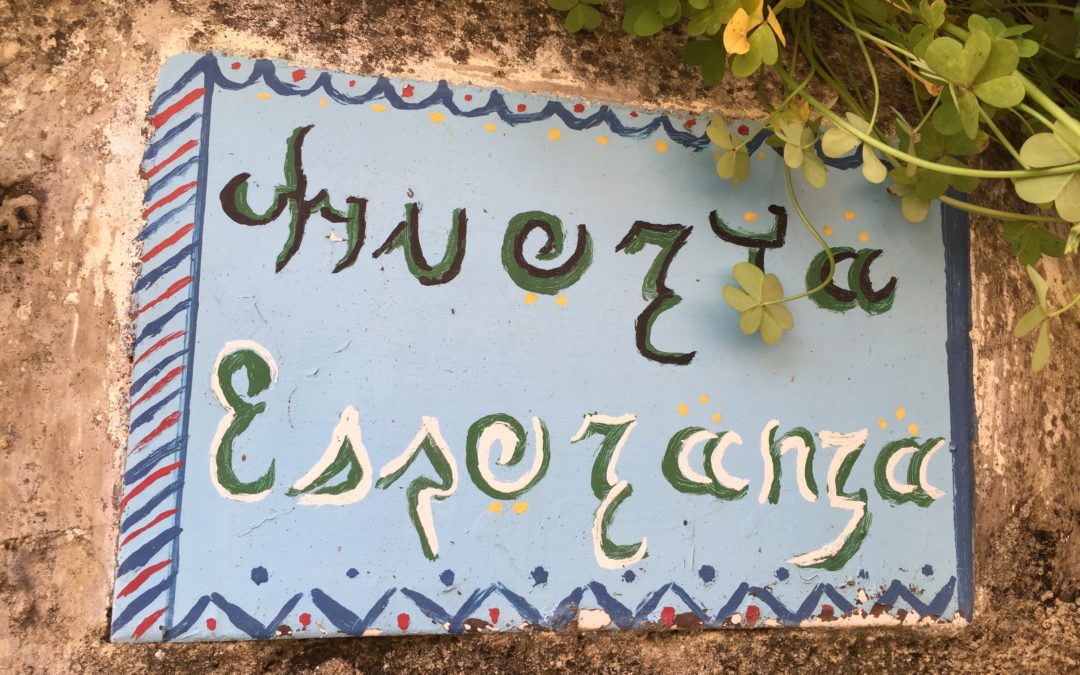Coordination
Chair on Agroecology and Food Systems – University of Vic – Central University of Cataluña, IMIDRA
Chair on Agroecology and Food Systems – University of Vic – Central University of Cataluña, IMIDRA
Duration
2017-2019
2017-2019
FRACTAL participants
Federica Ravera, Elisa Oteros-Rozas, Marina García-Llorente
Federica Ravera, Elisa Oteros-Rozas, Marina García-Llorente
Despite the scientific and technological achievements to improve agricultural productivity, insufficient attention has been paid to the environmental and social consequences of the prevailing agrifood system. Academics, practitioners and activists have been discussing in the last decades how can an increasing population be fed in a social-ecologically sustainable and equitable way. Meanwhile, agricultural intensification has situated agroecosystems in a vulnerable situation because of the decline of cultural values, key ecological processes and ecosystem services. As a response, agroecology was born to address the problems generated by industrial agriculture: it is presented as a practice, scientific discipline, and socio-political movement that tries to apply ecological concepts in the sustainable management of agricultural systems. Like the socio-ecological approach, agroecology requires holistic and interdisciplinary views to analyze the complex relationships that are generated between ecological functioning, human wellbeing, economic profitability, governance models and land-use policies. However, to date, agroecology has not gained enough strength as a scientific discipline and its application in agrarian, rural and landscape planning policies is hence limited. For this Special Issue we welcome contributions exploring how agroecological approaches promote the sustainability of agrarian social-ecological systems. Specifically, we welcome conceptual and empirical studies that may focus on agroecological initiatives that contribute to global and climate change adaptation and mitigation, community supported agriculture models, social and inclusive farming, agrarian ecosystem services assessments, agroecological rural development, the role of local/traditional/indigenous agroecological knowledge and its transmission, agroecological public policies, participatory-actions research processes, and gender and rural perspectives.

